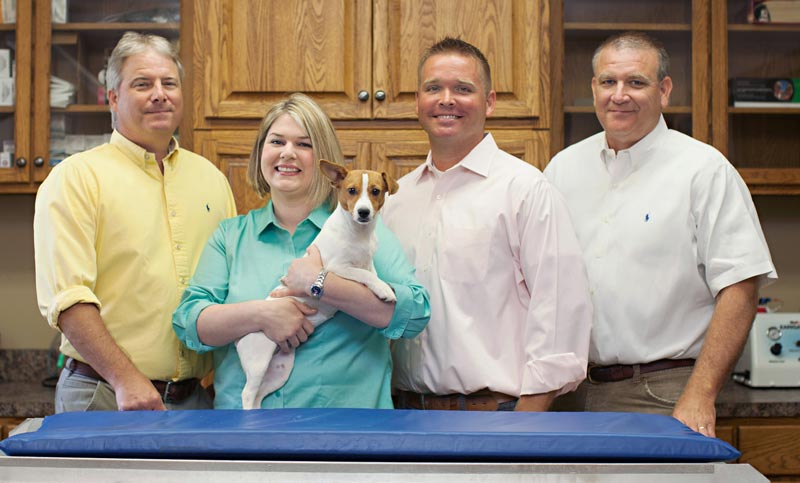Making the Most of Your Pet’s Annual Exam

Making the most of your pet's annual visit to the veterinarian is important.
After all, you are your pet's only voice. By taking a few extra minutes before the appointment to make a list of questions and concerns you have could make a difference in your pet's quality of life. Listed below are great suggestions.
Is My Pet At A Healthy Weight?
Pet obesity is just as much a problem as human obesity. The main culprits are poor diet, overfeeding and a bad defense against pet mind powers ("Look how sad I am. A taste of that bacon sure would make me feel better"), but lack of exercise brings up a close second. Dogs need at least 30 minutes of exercise a day, and most don't get nearly enough. Ask your vet to tell you your pet's ideal weight. If he's underweight, ask how much food you should be giving him. If he's overweight, talk to your vet about a diet and exercise program… and stick to it!
Does My Pet Need A Dental Cleaning?
After your dog or cat turns 3 or 4, it's a good idea to have your vet monitor dental health. As pets age, they can develop the same types of dental disease as humans. Vets recommend daily brushing, but at the very least, a pet's teeth should be cleaned on a regular basis as soon as he/she begins to develop tartar or periodontal disease.
Does My Pet Need Blood Work?
Every pet - especially seniors - should have annual blood work to screen for kidney and liver disease, as well as cancer, diabetes, thyroid problems, and a host of other congenital illnesses that can be treated if caught early. Even if there's nothing wrong with your pet, blood work will provide a baseline against which your veterinarian can analyze your pet's blood over time.
My Pet Has Been Acting Weird…Why?
If you notice any behavioral changes, such as inappropriate elimination or aggression, tell your vet about it. Because pets don't usually know how to speak human, they must often resort to bad behavior to let their owners know that something isn't right inside.
What Are These Lumps And Bumps?
As pets age, they naturally develop lumps, bumps, and moles. Aging is the main reason for skin changes, but you should make sure that none of the lumps are cancerous. Point out any fatty lumps, hard bumps, or strange moles, and ask your vet for a biopsy if he's concerned.
Since your pet can't talk, you are his voice. Understanding the answers to these basic questions could mean the difference in the quality and quantity of life your pet enjoys. And don't forget, Taylor Crossing Animal Hospital is your expert source for veterinary, boarding, and grooming services in Montgomery Alabama.
Give us a call today for your pet's veterinary, boarding, and grooming needs.

